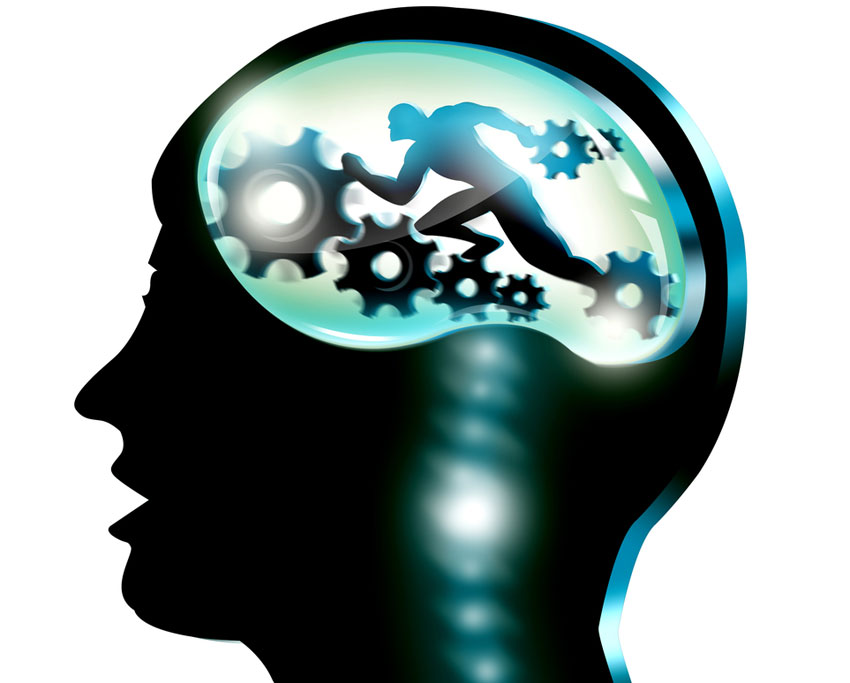The Benefits of Exercise Coming To a Drug Store Near You

brain image via shutterstock
Everyone knows exercising is good for you, and research has indicated that exercise improves your cognitive function. Harvard Medical School is now working to bottle up that cognitive benefit.
In a study published in the journal Cell Metabolism, researchers at Harvard Medical School explain how a protein called FNDC5 is produced in the body by muscle exertion and then released into the bloodstream. This protein travels to the brain and improves the function of the hippocampus—the part of the brain responsible for learning and memory.
Researchers studied mice—who ran on a wheel for 30 days—and identified the protein FNDC5 as the main stimulant to the hippocampus that occurs as a result of exercise. The researchers then artificially recreated a sample of this protein and administered it to inactive mice. These inactive mice experienced the same amount of improved hippocampus function as the active mice.
Because the hippocampus is the part of the adult brain that creates new cells—and therefore produces new memories and abilities as you learn—it is the part of the brain that is most affected by neurodegenerative diseases such as Alzheimer’s and Parkinson’s. If researchers can recreate this FNDC5 protein as a safe drug to be administered to humans, the progression of these diseases could be slowed before symptoms become debilitating.
Although creating FNDC5 as a drug would require developing a much more stable form of the protein which may take many more years of study, the authors of this study are hopeful that successful treatments for neurodegenerative diseases are close at hand. Proteins that are naturally produced are much more likely to be helpful in drug form and to be safer, the authors say.
Dr. Bruce Spiegelman, senior author of the study and Professor of Cell Biology and Medicine at the Dana-Farber Cancer Institute said in a press release:
“What is exciting is that a natural substance can be given in the bloodstream that can mimic some of the effects of endurance exercise on the brain.”
Although a cure for neurodegenerative diseases is still far off, successful treatments to slow the progression of these diseases might be able to be bottled very soon. Patients will then have the preventative treatment of the benefits of exercise, but without the exercise.


